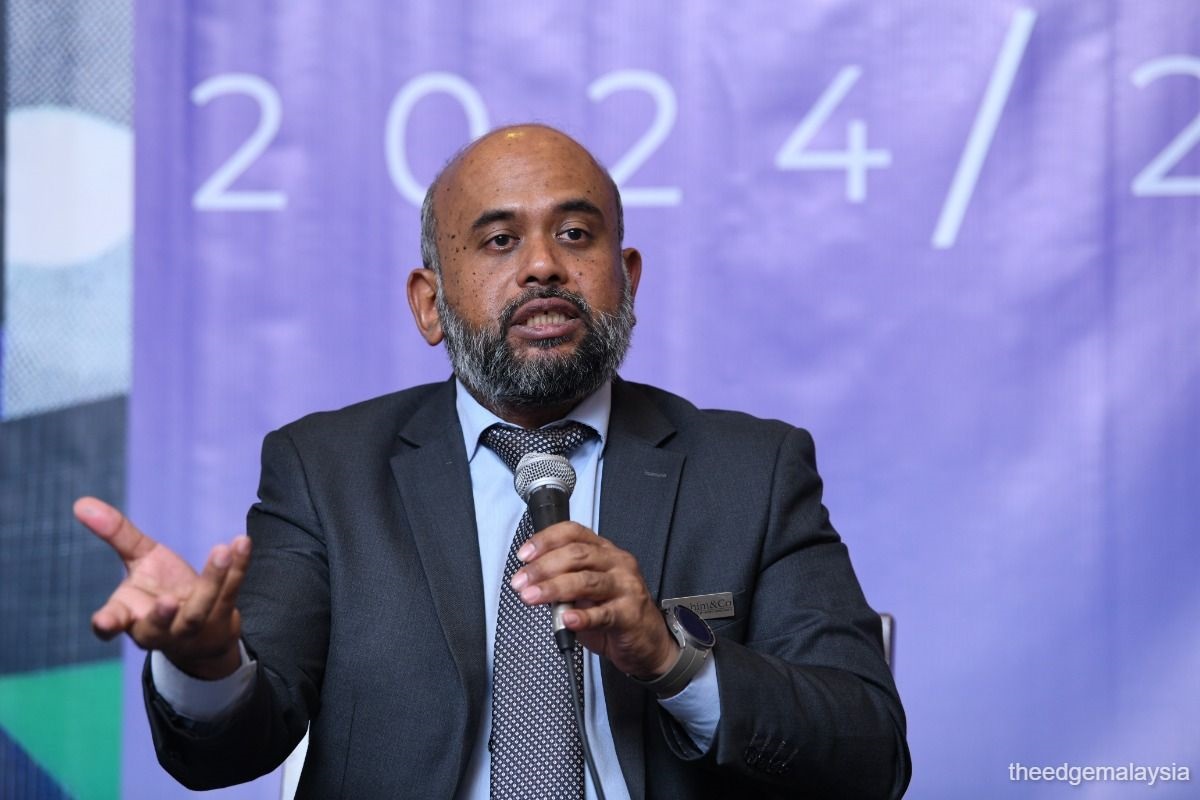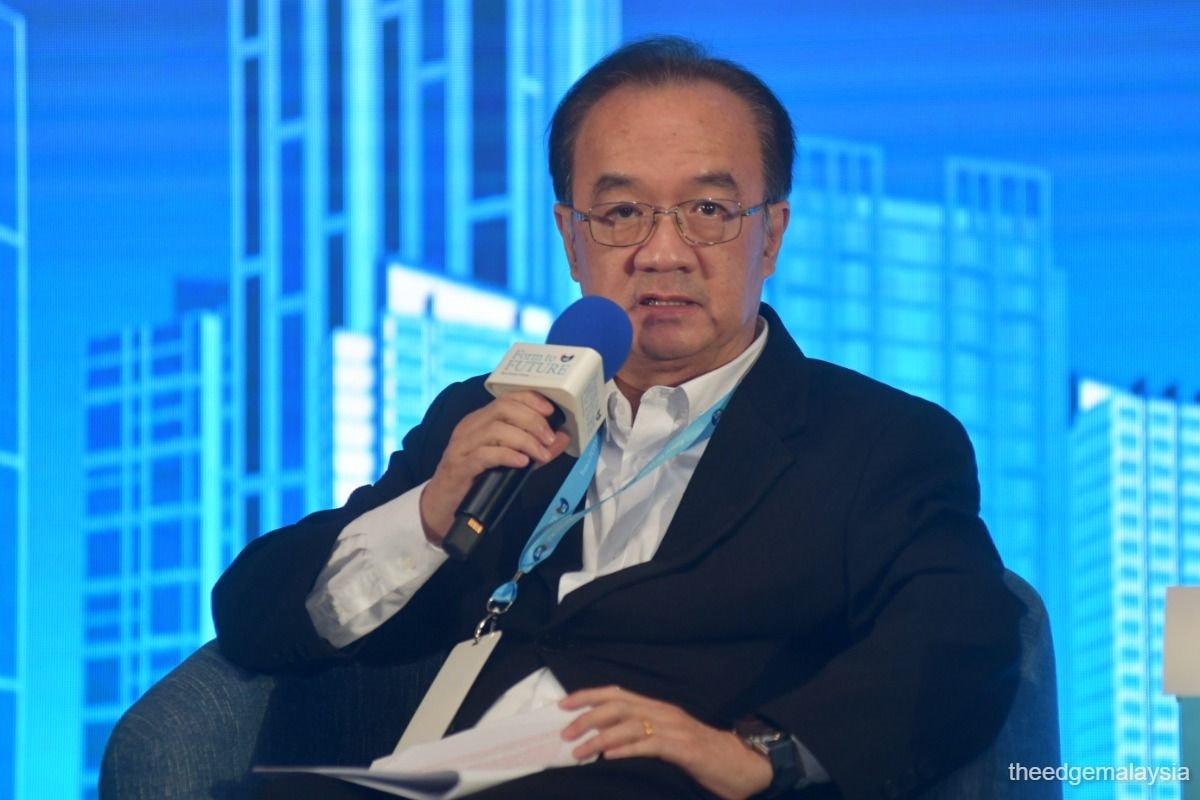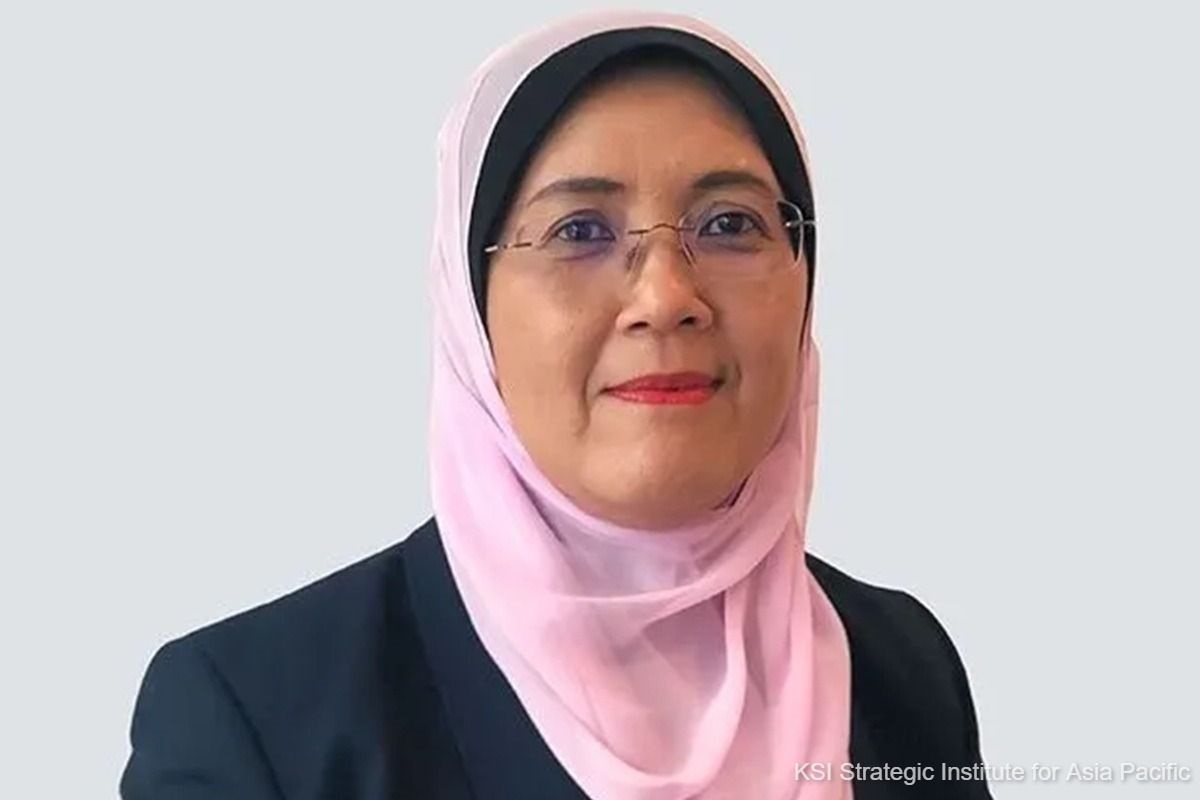- One noted the lack of incentives for the property market and expected it to move steadily on its own steam again into 2026.
KUALA LUMPUR (Oct 10): Budget 2026, which was tabled by Prime Minister Datuk Seri Anwar Ibrahim on Friday, Oct 10, drew a mixed but measured response from property consultants, noting its focus on regional growth and targeted stimulus.
Rahim & Co director of research Sulaiman Saheh opined that Budget 2026 is relatively muted for the property sector, similar to last year’s.
“The government’s strategy this time is to ease the rakyat’s cost-of-living pressures and strengthen the economic base,” said Sulaiman, noting a continued support for social housing programmes.
Additionally, the extension of the stamp duty exemption for sales and purchase agreements, and loan agreement, provides some relief for first-time homebuyers.
“Meanwhile, the higher 8% stamp duty on foreign and company purchases will have minimal impact. Foreign buying activity in Malaysia is not a major segment, concentrated mainly in certain city areas. While the move aims to curb price inflation from foreign demand, it’s unlikely to affect the broader market,” said Sulaiman.

One notable new incentive, he pointed out, is the 10% special tax deduction for expenses related to converting commercial buildings into residential use. “This could help to repurpose existing commercial buildings to either increase occupancy or to ensure the property is better utilised,” said Sulaiman.
He added, “Expectations are quite high for this budget; we are hoping for more direct provisions to move the property market such as greater emphasis on the rental market, for instance.”
Nevertheless, he is heartened to note that there are no added taxes such as the inheritance tax and vacancy tax. “There are pros and cons [of introducing the taxes], but the general scheme of things is to ensure the market continues to strengthen amid the uncertainties in the global arena.”
Savills Malaysia group managing director Datuk Paul Khong too noted the lack of incentives for the property market and expects the property market to move steadily on its own steam again into 2026, braving all the headwinds.
“The exemption in all stamp duty [property transactions] was on my wish list but I hoped for inclusion of all segments and categories. However, the government only extended full stamp duty exemptions for first-time homebuyers,” he said.
He also expects some impact on the increase of stamp duty from 4 to 8% for foreigners, which could push the actual costs of acquisition higher.

“However, it may not totally deter foreign transactions as compared with our neighbouring countries, this is still considered affordable,” he said.
Khong believes the special 10% tax deductions on commercial repurposing renovations to residential usage will have an impact on the industry as it will encourage the local market to seriously reconsider renovating and refurbishing old buildings.
He opined that the RM50 million allocation for maintenance for all non-Muslim houses of worship will be well accepted and welcomed by the rakyat as it clearly demonstrates a harmonious intention of the government to all the different races and religions in the populace of Malaysia.
Meanwhile, Knight Frank Malaysia views Budget 2026 as a measured policy framework aimed at sustaining growth while maintaining fiscal prudence. With total spending of RM470 billion, the budget takes a cautiously expansionary stance that seeks to strengthen Malaysia’s economic fundamentals amid evolving domestic and global headwinds.
Group managing director Keith Ooi said, “It’s encouraging to see the budget weave ESG (environmental, social and governance) priorities into economic and development planning. The introduction of carbon taxation, coupled with green tax incentives, signals a firm policy shift that will influence investment decisions across the real estate and construction sectors.”
He noted the renewed attention on urban revitalisation and adaptive reuse.

“The government’s proposal for a 10% tax deduction (up to RM10 million) for developers undertaking commercial-to-residential conversions marks a significant step towards rejuvenating underutilised office and retail buildings. This is complemented by RM600 million allocated for the restoration of Carcosa Seri Negara — signalling a more deliberate national approach to urban renewal and heritage preservation,” said Ooi.
On the investment front, the budget continues to rely on public-private collaboration as a key growth driver. RM30 billion in government-linked investment companies' (GLICs) investments, RM10 billion through public-private partnerships, and RM10.8 billion in GLC and statutory body investments reflect ongoing efforts to stimulate domestic activity and investor confidence, said Knight Frank Malaysia.
CBRE | WTW group managing director Tan Ka Leong expressed his support for the government’s initiatives to refurbish and conserve several heritage sites, including Carcosa Seri Negara, the Sultan Abdul Samad Building, Kuala Lumpur Railway Station, Dayabumi Complex, National Textiles Museum and Stadium Negara.
“There's a big portion [of Budget 2026] that encourages the regeneration of Kuala Lumpur under the Kuala Lumpur City Hall (DBKL) that will complement tourism activity. Beyond that, it makes Kuala Lumpur a city with a lot of heritage value,” he said, adding that these initiatives can boost the tourism sector with the upcoming Visit Malaysia 2026 initiative.
He believes DBKL’s allocation of RM500 million towards redeveloping hawker centres, market and food courts, and the maintenance of buildings, road facilities and wiring within the People’s Housing Programme (PPR) will help minimise the eye sores in the city.

The 10% tax deduction on the renovation and conversion of commercial buildings into residential premises, he said, will ease the process of repurposing older buildings.
He also highlighted the Skim Jaminan Kredit Perumahan (SJKP) loan being offered to 80,000 first-time homebuyers with a combined loan coverage increase from RM10 billion to RM20 billion.
“I think the government has continued to increase this because there's a need to help gig workers and self-employed individuals to have access to the facilities to own a house.”
He is also in support of the carbon tax that will be introduced in 2026, stating that it will encourage Malaysia to implement ESG practices into construction.
He voiced concern over the new 4% to 8% flat stamp duty on property transfers involving foreign companies and non-citizens, noting it could create an uneven playing field between Johor and other states due to Johor-Singapore Special Economic Zone (JS-SEZ) tax incentives.
“When foreign companies compare, they see more benefits operating in the JS-SEZ. Other parts of Malaysia don’t have such incentives,” he said, warning the move could deter investment elsewhere.
Over in Johor, Olive Tree Property Consultants founder and chief executive officer Samuel Tan noted that Budget 2026 is unique as it ensures balanced regional growth, with specifics given to states—though that there is not much ‘goodies’ for the housing sector.
He highlighted several projects such as the Senai-Desaru Expressway Phase 2A upgrade, road construction from Jalan Kluang-Rengam-Layang-Layang J25 in Taman Mubibbah to Jalan Kota Tinggi-Kluang District.

“The aforementioned infrastructure projects are the federal government’s efforts to develop the investors’ confidence in the JS-SEZ,” he said. “[Also,] there will be replacements of lifts and escalators at Bangunan Sultan Iskandar,” he said.
He expressed his support for schemes like “Rent-to-Own” and the Housing Credit Guarantee Scheme, even though hopes for the Home Ownership Campaign did not materialise.
He praised the RM53 million allocation under the Malaysia Digital Acceleration Grant and the Malaysian Communications and Multimedia Commission's RM2 billion to build sovereign artificial intelligence cloud, and their ability to boost digitisation initiatives.
“One of the laudable policies is having Khazanah Nasional Bhd and KWAP (Retirement Fund Inc) invest RM550 million in the semiconductor ecosystem to enhance joint ventures between local firms and multinational companies. We must move beyond data centres to more advanced technological investments. Building the semiconductor ecosystem is the right step to achieve this mission,” he said.
Meanwhile, Nawawi Tie Leung Property Consultants Sdn Bhd executive director and regional head of research and consulting Saleha Yusoff said the new RM1,000 personal income tax relief for domestic tourism could provide a modest yet strategic boost to the hospitality and retail sectors.
“We estimate that if just 10% to 15% of taxpayers, roughly 150,000 to 225,000 Malaysians, utilise the new domestic tourism tax relief, it could generate between RM225 million and RM450 million in additional local travel spending, assuming an average spend of RM1,500 to RM2,000 per trip. With a tourism sector multiplier of about 2.5 times, this translates into a potential gross domestic product impact of RM0.6 billion to RM1.1 billion. Beyond the numbers, the measure provides an important stabiliser for domestic tourism and helps sustain jobs across Malaysia’s hospitality and retail value chain,” said Saleha.

She noted that while the RM1,000 tax relief is modest, its timing, ahead of Visit Malaysia 2026, helps catalyse local travel and stabilises mid-market hotel performance.
“The key multiplier lies not in the quantum, but in how industry players package and market domestic experiences that keep tourism spending within Malaysia,” added Saleha.
Over RM700 million is allocated to boost the tourism sector, and Visit Malaysia Year 2026 aims to attract 47 million visitors and generate RM329 billion in tourism revenue.
As Penang girds itself towards the last lap of its Penang2030 vision, check out how the residential segment is keeping pace in EdgeProp’s special report: PENANG Investing Towards 2030.


.jpg?KpT57Dw7Y_UzSKH8HsHP9pRQ_peOr_KV)



